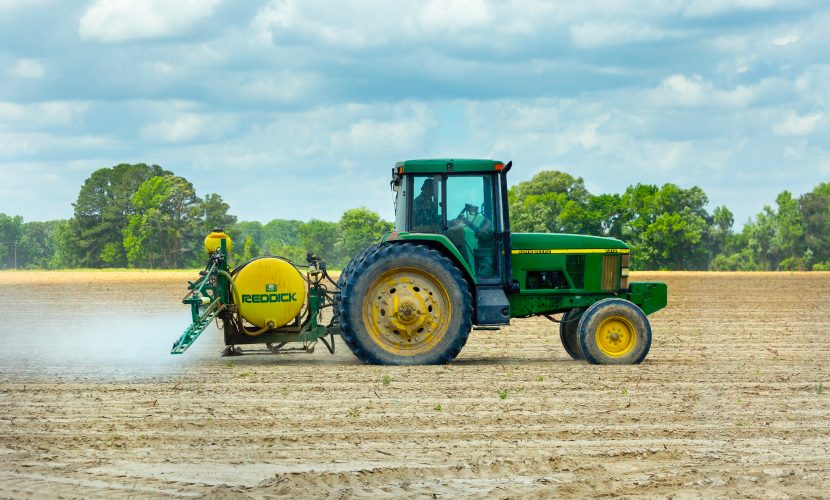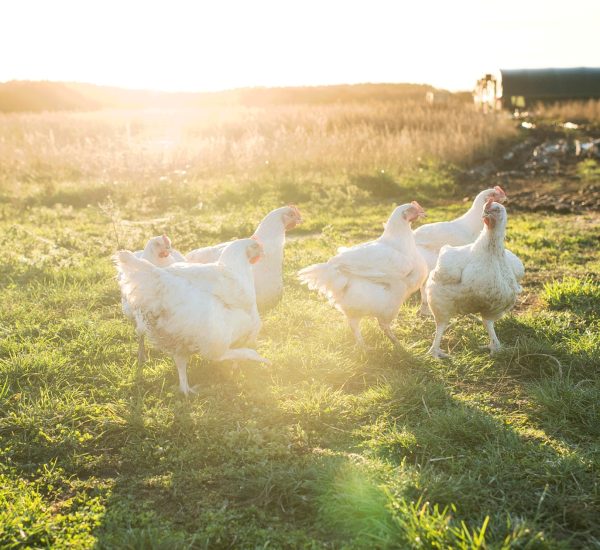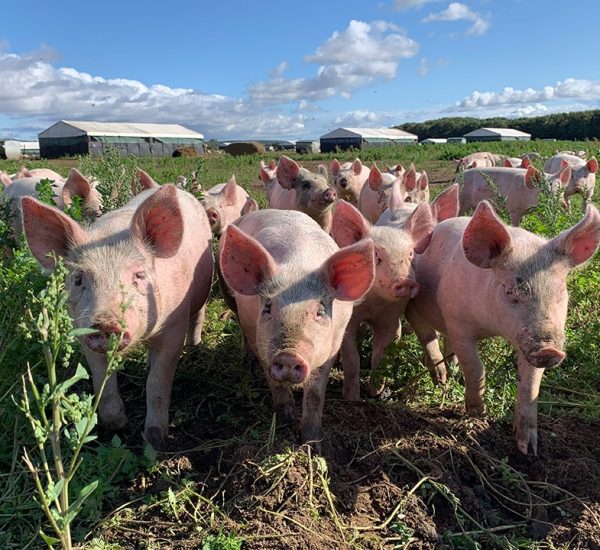The Soil Association reports a growing body of evidence showing pesticides can become more harmful when combined, even when each individual chemical appears at levels with “no-observed-effect-concentration”. This phenomenon is known as the ‘cocktail effect’.
The Soil Association and PAN UK are exposing how mixtures of pesticides commonly found in UK food, water and soil may be harming the health of humans and wildlife.
The Soil Association’s October 2019 report, The Cocktail Effect, shows around a quarter of all food, and over a third of fruit and vegetables, consumed in the UK contain pesticide cocktails, with some items containing traces of up to 14 different pesticides.
The Soil Association have done fantastic work bringing out the report and lobbying government. UK Consumers can vote for no pesticides by buying organic, so that farming practises can change across the country.
“Despite the prevalence of pesticide cocktails, and the evidence that they can be more harmful than individual pesticides, the UK’s regulatory system continues to assess the safety of one chemical at a time.
Pesticide use in the UK has risen significantly because they are not only being applied across a greater area of land (an increase of two thirds between 1990 and 2016), they are being applied more frequently. The assertion that pesticide use in the UK is decreasing does not stand up to scrutiny because whilst the total weight of use has decreased, lighter and more toxic chemicals are being applied to a wider area.
While this report was able to rely on government testing for the data on food residues, there is currently no official monitoring of pesticide cocktails in the environment and the only information available is from a small number of independent academic studies. One UK study on bumblebees found that 43% had detectable levels of more than one pesticide, with traces of seven pesticides found in one individual. A study of soil in 11 European countries found UK sites had the second highest diversity of pesticide residues. Around 67% of the UK samples had multiple residues, 25% had more than six, with around 4% continuing traces of more than ten pesticides. UK water appears to be no less contaminated. A study revealed that 66% of samples taken from seven river catchments contained over ten pesticides. Two small rivers in East Devon were found to contain residues of up to 24 pesticides and six veterinary drugs.
While researchers have begun to explore systems to monitor and assess the cocktail effect, these are unable to accurately assess the full spectrum of health and environmental impacts resulting from long- term exposure to hundreds of different pesticides. Pesticides appear in millions of different combinations in varying concentrations in our food and landscape. The only way to minimise the risk to health and environment is therefore to hugely decrease our overall pesticide use, thereby reducing our exposure to pesticide cocktails.”
The Soil Association’s October 2019 report




